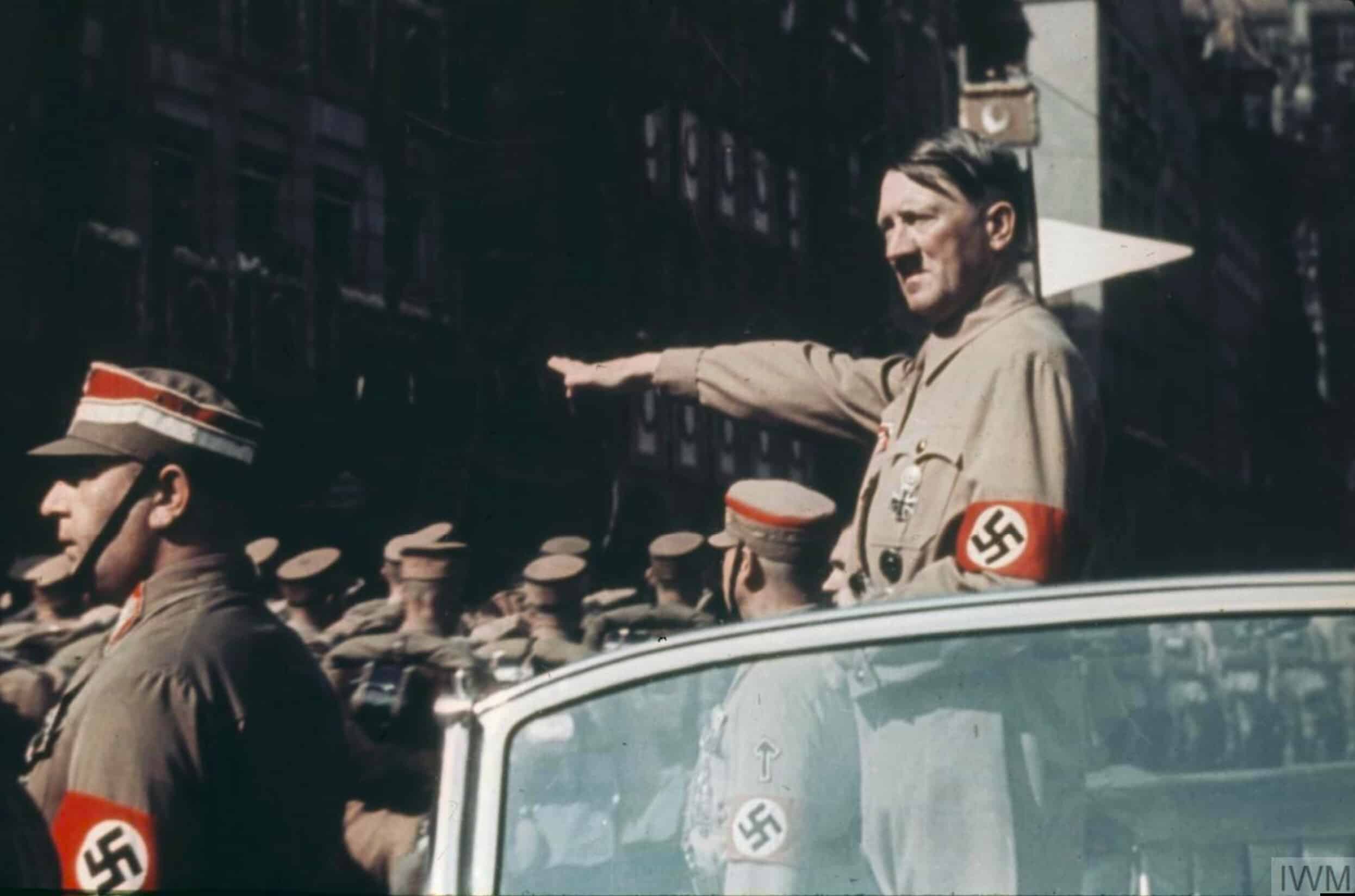

Workers clearing out the basement of Argentina’s Supreme Court have uncovered long-forgotten boxes of Nazi-era materials believed to date back to World War II.
The discovery occurred as staff prepared to transfer archival material to a new museum. Hidden among the court’s storage were wooden crates disguised as champagne boxes. Inside, workers found propaganda materials, photographs, and booklets marked with swastikas.
Court officials confirmed that the documents were originally shipped to Argentina by the German embassy in Tokyo. The materials arrived on June 20, 1941, aboard the Japanese steamship Nan-a-Maru and were declared “personal effects” by the German embassy in Buenos Aires at the time.
Customs officials, suspicious of the large shipment, opened five of the 83 diplomatic pouches at random. Inside, they found Nazi propaganda and notified the foreign ministry, fearing the contents could threaten Argentina’s official neutrality during the war.
In September 1941, an Argentine judge ordered the full seizure of all 83 pouches. The Supreme Court was tasked with determining their fate, but no action appears to have been taken before 1944, when Argentina formally broke diplomatic ties with the Axis powers.
The documents were eventually stored in the court’s basement, remaining untouched for decades.
Propaganda nazi de 1941 hallada en el sótano de la Corte Suprema de Argentina.
Cajas intactas de postales y fotos permanecieron ocultas durante 84 años tras ser confiscadas de un cargamento alemán. pic.twitter.com/q2yicX6eQ0
— Roi Lopez Rivas (@RoiLopezRivas) May 12, 2025
Following last week’s rediscovery, officials secured the crates and alerted the Buenos Aires Holocaust Museum. The museum was asked to help catalogue the contents, which include postcards, black-and-white photographs, and membership booklets from Nazi organizations.
“Upon opening one of the boxes, we identified material intended to consolidate and propagate Adolf Hitler’s ideology in Argentina during [World War Two],” the court said in a statement.
Historians believe the documents could provide valuable insight into the Nazi regime’s financial activities and international networks. The contents may also shed light on the extent of Nazi outreach efforts in South America during the early 1940s.
Argentina has a complex history with the Nazi regime. After World War II, the country became a haven for several high-ranking Nazi officials, including Adolf Eichmann and Josef Mengele. Both men fled Europe and lived in Argentina under false identities before being identified years later.
In 2000, then-President Fernando de la Rúa issued a formal apology for Argentina’s role in sheltering Nazi war criminals.
The newly uncovered crates have reignited interest in Argentina’s wartime past and the extent of Nazi influence in the region. Experts from the Holocaust Museum are now working with court officials to inventory the documents and assess their historical value.
